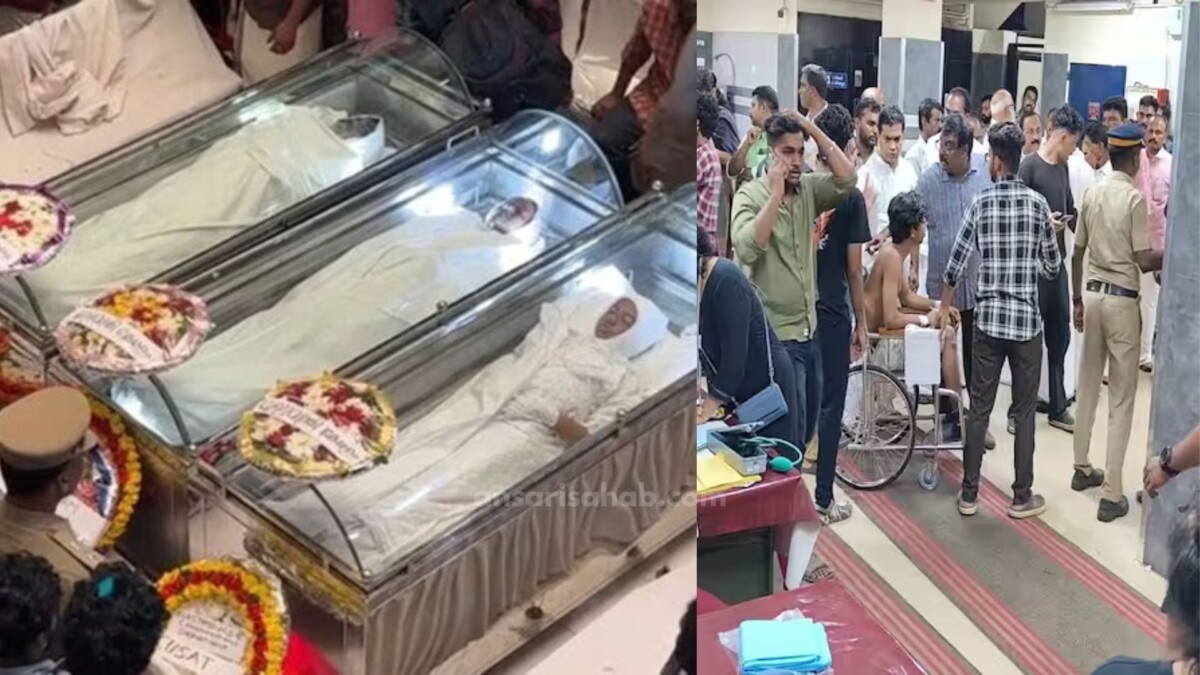In a shocking case of honor killing, a 22-year-old woman named Parul was allegedly murdered by her mother, Dayaben, and her brother, Prakash, in Bhikada village, Bhavnagar district, Gujarat. The crime reportedly occurred after Parul insisted on marrying her boyfriend, Vivek, whom she had met on social media about a year ago. According to police sources, Parul’s family strongly opposed the relationship, leading to frequent verbal disputes at home. Despite the family’s objections, Parul remained determined to marry Vivek. The situation escalated when Prakash discovered the relationship, intensifying tensions within the household. In a tragic turn, both Dayaben and Prakash allegedly killed Parul and disposed of her body by dumping it in a nearby dam to destroy evidence. The father of the victim filed a complaint against his wife and son, leading to their arrest. The police have initiated further investigations into the matter.
Background and Context
Honor killings, though illegal, continue to occur in various parts of India, including Gujarat. These acts are often driven by perceived threats to family honor, typically arising from inter-caste or inter-religious relationships, or relationships against the family’s wishes. In this case, Parul’s insistence on a love marriage was viewed by her family as a dishonor, leading to the tragic outcome.
The incident has drawn attention to the persistent issue of honor-based violence in the region. Experts argue that such crimes are deeply rooted in patriarchal traditions and societal norms that prioritize family reputation over individual rights. Despite legal frameworks aimed at curbing such practices, enforcement remains a challenge, and cultural attitudes continue to perpetuate these crimes.
Legal and Social Implications
The arrest of Dayaben and Prakash marks a significant step in holding individuals accountable for honor-based violence. However, experts emphasize that legal action alone is insufficient to eradicate the underlying societal attitudes that condone such acts. There is a pressing need for comprehensive education and awareness programs that challenge patriarchal norms and promote gender equality.
Additionally, the case underscores the importance of strengthening law enforcement agencies to effectively investigate and prosecute honor killings. This includes providing specialized training to police officers and ensuring that victims’ families are protected from retaliation.
FAQs
An honor killing is the murder of a family member, typically a woman, who is perceived to have brought dishonor to the family, often due to actions like engaging in a love marriage without familial consent.
Honor killings are illegal in India and are punishable under various sections of the Indian Penal Code, including murder and conspiracy. Perpetrators can face life imprisonment or the death penalty, depending on the severity of the crime.
Preventing honor killings requires a multifaceted approach, including legal reforms, public awareness campaigns, education on gender equality, and support systems for victims. Challenging patriarchal norms and promoting individual rights are crucial steps in this process.









